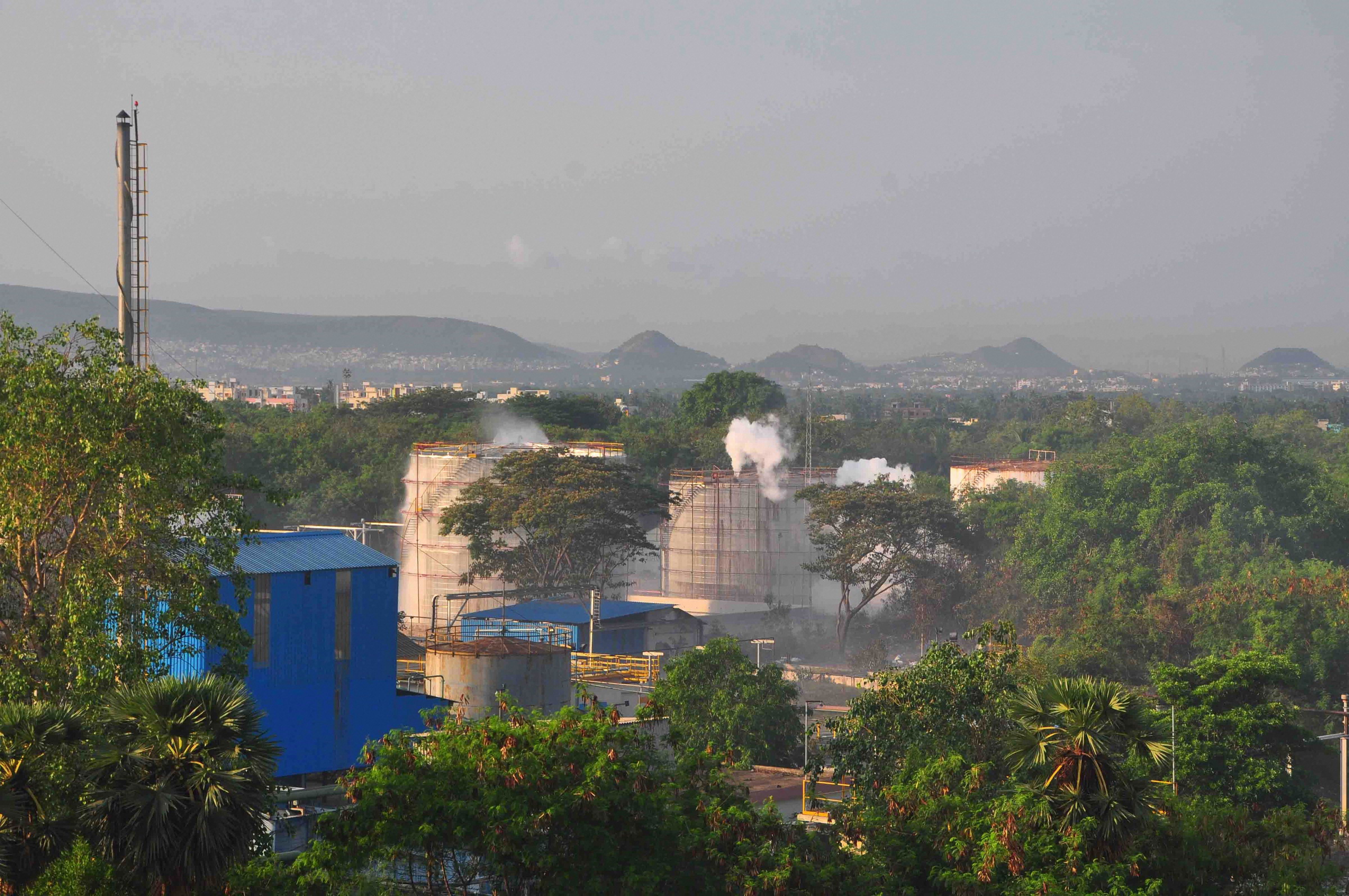In the wake of the gas leak at a factory in Visakhapatnam, the National Disaster Management Authority (NDMA) has issued detailed guidelines to restart industries after the lockdown and the precautions to be taken for the safety of the plants as well as the workers.
In a communication to all states and Union Territories, the NDMA said due to several weeks of lockdown and the closure of industrial units, it is possible that some of the operators might not have followed the established standard operating procedures.
As a result, some of the manufacturing facilities, pipelines, valves may have residual chemicals, which may pose risk. The same is true for the storage facilities with hazardous chemicals and flammable material, it said.
The NDMA guidelines said while restarting a unit, the first week should be considered as the trial or test run period after ensuring all safety protocols. Companies should not try to achieve high production targets.
There should be 24-hour sanitisation of the factory premises, it said. The factories need to maintain a sanitisation routine every two-three hours, especially in the common areas that include lunch rooms and common tables that will have to be wiped clean with disinfectants after every single use, it added.
Employees who work on specific equipment are sensitised and made aware of the need to identify abnormalities such as strange sounds or smell, exposed wires, vibrations, leaks, smoke, abnormal wobbling, irregular grinding or other potentially hazardous signs which indicate the need for immediate maintenance or if required shutdown, it said.
At least 11 people lost their lives and about 1,000 others were exposed to a gas leak at a factory in Andhra Pradesh’s Visakhapatnam on May 7.
The incident took place after it restarted operations when the government allowed industrial activities in certain sectors following several weeks of lockdown.
The NDMA guidelines said when lockout procedures are not in place, many energy sources can prove to be hazardous to operators or supervisors who are servicing or maintaining electrical, mechanical or chemical equipment.
When heavy machinery and equipment are not maintained periodically, they can become dangerous for operators and engineers.
Combustible liquids, contained gaseous substances, open wires, conveyor belts and automated vehicles make manufacturing facilities a high-risk environment.
Improper enforcement of safety codes and improperly labelled chemicals can further pose serious health hazards. When an unexpected event occurs, managing rapid response becomes challenging.
The NDMA said the state governments shall also ensure that the off-site disaster management plan of the respective Major Accidental Hazard (MAH) units are up to date and preparedness to implement them is high. The NDMA said for manufacturing processes, a complete safety audit should be carried out for the entire unit before taking up starting activities.
Many process units handle combustibles or toxic substances (or both), the leakage of which could result in disaster, damage, or economic loss. To prevent the occurrence of such incidents, the NDMA said it is necessary to confirm that the plant complies with the required tightness before start-up.
The system is first pressurised with operating fluids and then checked for leakage.
For air lines, leaks can be found using a soap solution.
For water and condensate lines, the leakage can be observed visually. All vacuum systems must be leak tested. Air inside the system is first evacuated to attain the required vacuum.
The NDMA said trial testing be carried out before a full-fledged production is initiated with full human resources.
Ensure the arrangement for round-the-clock emergency crews/professional technical teams provided with MAH and cluster of MAH should have an extended coverage of 200 km to reach transport accident spots for help.
The NDMA said temperature checks should be done of all employees twice a day.
Managerial and administrative staff should work one shift at 33 per cent capacity as per the Ministry of Home Affairs (MHA) guidelines, but while deciding which particular person is to be included in 33 per cent at any given point of time, overriding priority should be given to personnel dealing with safety.











